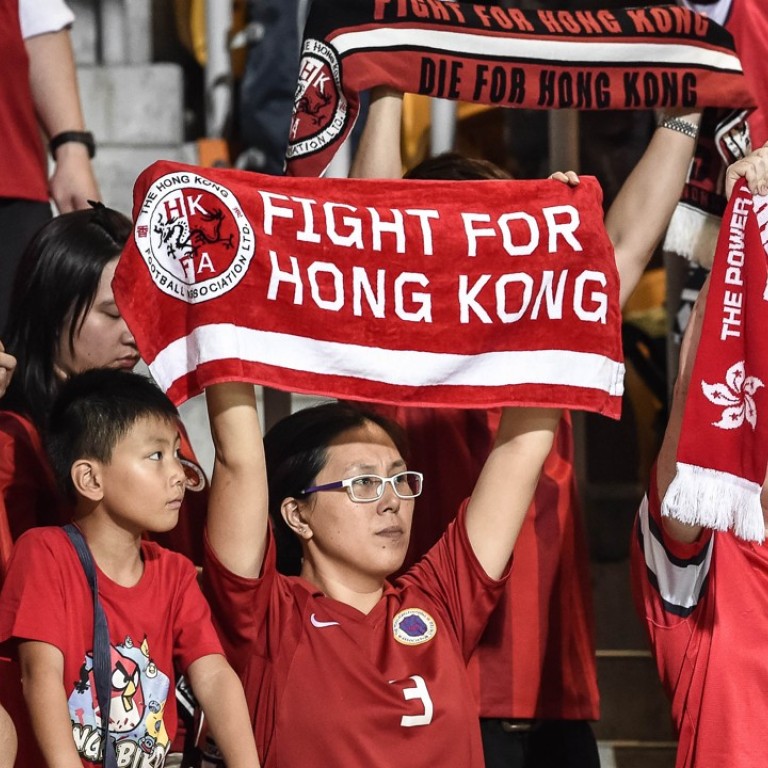
Nothing sinister in protecting the dignity of the national anthem
Given the differences in the mainland and local legal systems, it makes sense for the Hong Kong government to table a bill in accordance with the circumstances here
It is not uncommon for countries to ban acts that dishonour or insult their national flags and emblems. Amid growing concerns over the misuse of the Chinese national anthem on the mainland, the state’s legislative body is introducing a law to guard against abuse. Given the symbolic meaning of the anthem, the move is justified. Questions have been raised about whether Hong Kong should follow suit. According to Elsie Leung Oi-sie, former secretary for justice and now vice-chairwoman of the Basic Law Committee, the national legislation could be localised for implementation. Indeed, the city has had experience in this respect. Shortly after reunification with the mainland in 1997, the country’s laws on the national flag were incorporated into the Basic Law annex, followed by the enactment of local legislation.
Under the draft law that is now being considered, the national anthem is to be played at major political meetings, ceremonies and sports events. Usage at private functions and for advertising will be prohibited. The law also makes singing the anthem part of the primary school curriculum. Malicious revisions or derogatory performances of the anthem can result in 15 days of “administrative detention”. Inevitably, there are implications for freedoms. The national anthem is expected to be off limits to political parody, a popular genre in social media. It may also become a problem for soccer fans to boo the anthem, as happened at a match between a Hong Kong and mainland team in 2015. But freedom of expression is not absolute. In a case involving the desecration of the national flag at a protest in 1998, Hong Kong’s Court of Final Appeal ruled that restrictions for the sake of the protection of national dignity were justified.
This is not the first time that the national anthem has stoked fears among Hongkongers. There were concerns of people being “brainwashed” some years ago when television stations began to play the anthem ahead of their main news bulletin. Given the differences in the mainland and local legal systems, it makes sense for the Hong Kong government to table a bill in accordance with the circumstances here. The principle is to ensure that symbols of national sovereignty and dignity will be given due respect.

